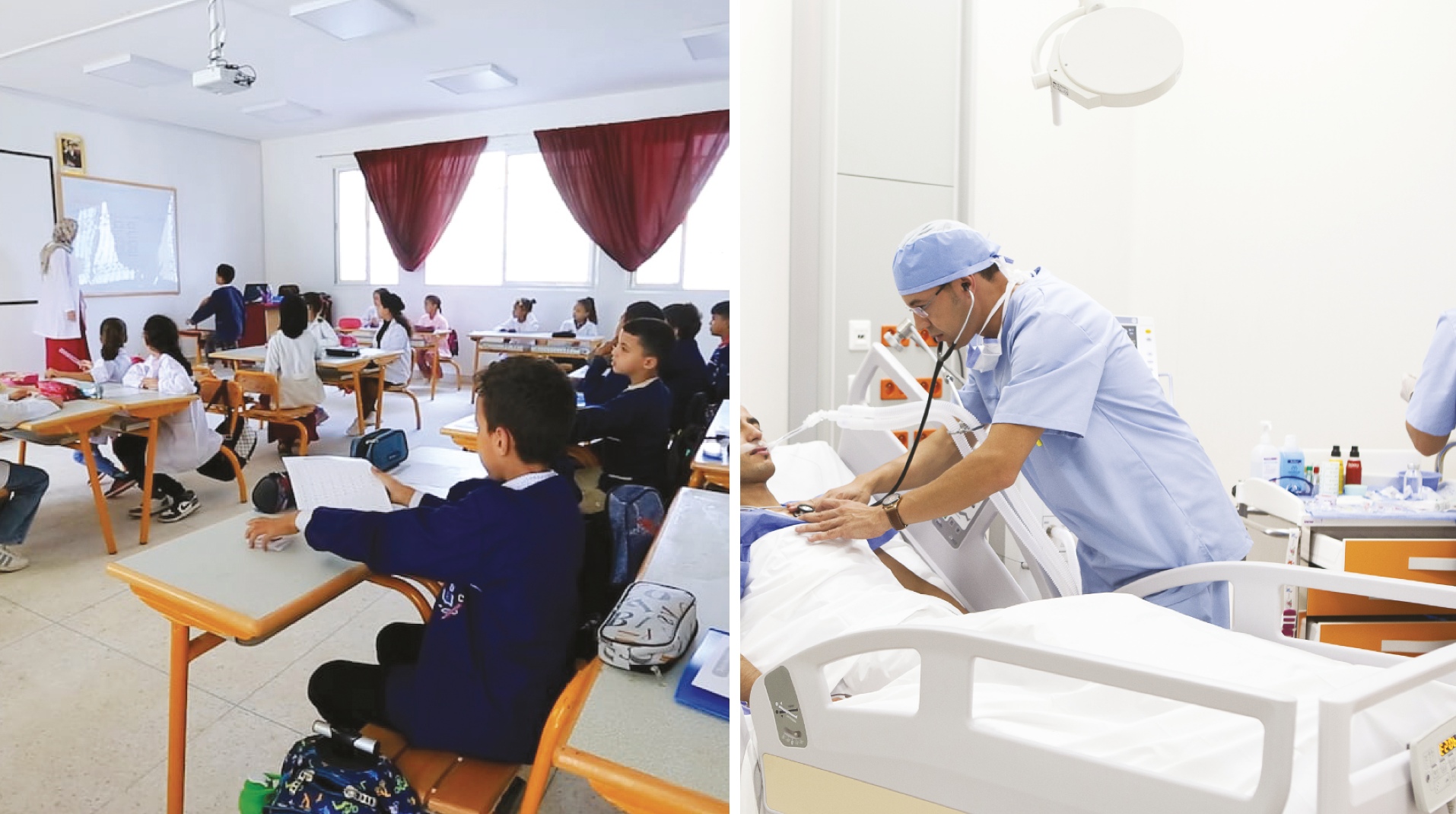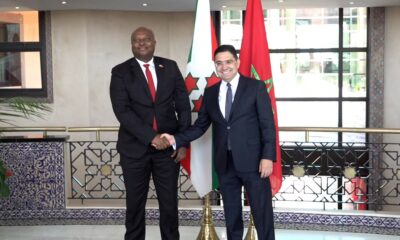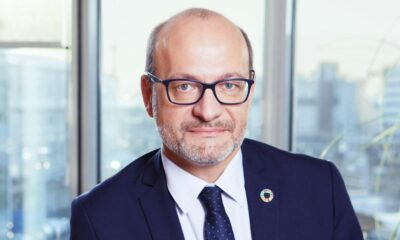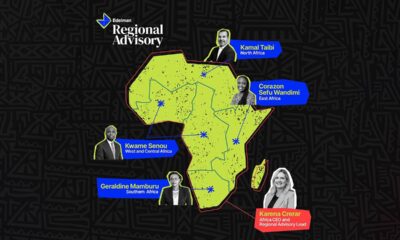Kingdom
Morocco Joins the Club of Countries with High Human Development
The Kingdom’s dedicated efforts in human development are paying off. The latest global report from the UNDP demonstrates this. And the public policies being pursued vigorously promise even greater progress. Insights.

Here is welcome news that reaffirms the proactive resolve of a Kingdom that has made human development both a choice and a priority. According to the latest global Human Development Report from the United Nations Development Programme (UNDP), published on Tuesday, May 6, Morocco has made a leap by surpassing the 0.700 threshold of the Human Development Index (HDI).
This achievement, ipso facto, allows the country to join the category of nations with high human development, per UNDP criteria—a first in Morocco’s history!
This improvement reflects, as one might infer, significant progress across several parameters considered in human development. Specifically, the fundamental dimensions: health, education, and standard of living.
These are areas where the Moroccan state has heavily invested in recent years. Despite challenging circumstances, Morocco has managed to stay the course against a backdrop of robust economic growth. According to the National Observatory for Human Development (ONDH), this signals “a progressive structural transformation of living conditions in Morocco.”
Furthermore, “the underlying indicators confirm this trend.” The Observatory, chaired by Otman Gair, emphasizes that “Morocco’s HDI trends illustrate this steady progress, highlighting the consolidation of human development efforts undertaken by the Kingdom.”
However, these advancements, underscored in the UNDP’s Global Report, did not come out of thin air. They are the result of public policies fundamentally oriented toward strengthening human capital—a prerequisite for inclusive and sustainable growth.
That said, the UN agency’s report notes that Morocco’s efforts “must focus on reducing maternal mortality rates, increasing women’s representation in decision-making bodies, and improving their access to education and the labor market.”
On this front, the Kingdom is acutely aware of the gaps to address in these areas, and the advocated policies are firmly aimed at improvement. Moreover, by reinforcing the foundations of the social state, all signs point to optimism regarding the country’s capacity to meet the challenges ahead.
More Progress on the Horizon
A closer look at the dashboard of public policies being implemented reveals this reality at every level. Take, for example, the profound reforms currently underway in the healthcare sector—a tangible demonstration of this progress.
This structural reform focuses on strengthening healthcare provision, notably through efforts to increase bed capacity in medical infrastructure. Even better, these efforts stand out for their inclusive approach, spreading equitably across all regions of the Kingdom.
The surge in hospital facility inaugurations in recent years is clear evidence of this. Unsurprisingly, the Akhannouch government has prioritized this sector since taking office. As part of monitoring the implementation of pillars for radical reform of the national health system, the Head of Government recently chaired a meeting to review ongoing projects.
Already, we see the establishment of governance bodies, continued infrastructure development, sector digitization, an increase in healthcare staffing, and expanded facilities.
On infrastructure specifically, construction, expansion, and renovation work for 6 university hospital centers and 79 provincial and regional hospitals is progressing. These projects will add a capacity of no fewer than 11,338 beds.
Beyond healthcare infrastructure, the government is also prioritizing training for healthcare professionals. Efforts to address staffing shortages continue diligently. Similarly, the initiative to equip every region of the Kingdom with a medical school is on track.
Ultimately, this massive undertaking will undoubtedly enhance healthcare provision with the required efficiency and improve access to quality medical services in public health institutions. This will lead to better patient care and, among other expected impacts, drastically reduce maternal mortality rates.
Another equally urgent priority lies in education. The sector is undergoing deep reform, marked by the expansion and nationwide rollout of the “pioneer school” initiative. Launched during the 2023-2024 school year, the project initially covered 626 schools with 322,000 students.
One year later, due to its success, it has been expanded to 2,626 schools serving over 1.3 million students. The goal is to ensure a quality public school system for all. Even better, the initiative is also taking root in middle schools, with 232 pilot institutions launched.
Our students, both boys and girls, will only benefit from better education. In the end, we can expect the Kingdom to achieve a higher ranking in the Human Development Index in the years to come.
On the Gender Front
Morocco is gaining ground in gender equality. Indeed, the UNDP’s Global Report highlights a downward trend in the Gender Inequality Index (GII). Gradually, thanks to public policies in this area, the Kingdom is seeing perceptible improvements.
Amid societal shifts and efforts to narrow the gap between men and women, all signs suggest Morocco—on its human development trajectory—has all the tools to advance even further.
The public debate around reforming the Family Code, despite “some resistance,” demonstrates a genuine awareness of the need to move forward on this front. The momentum is promising.













